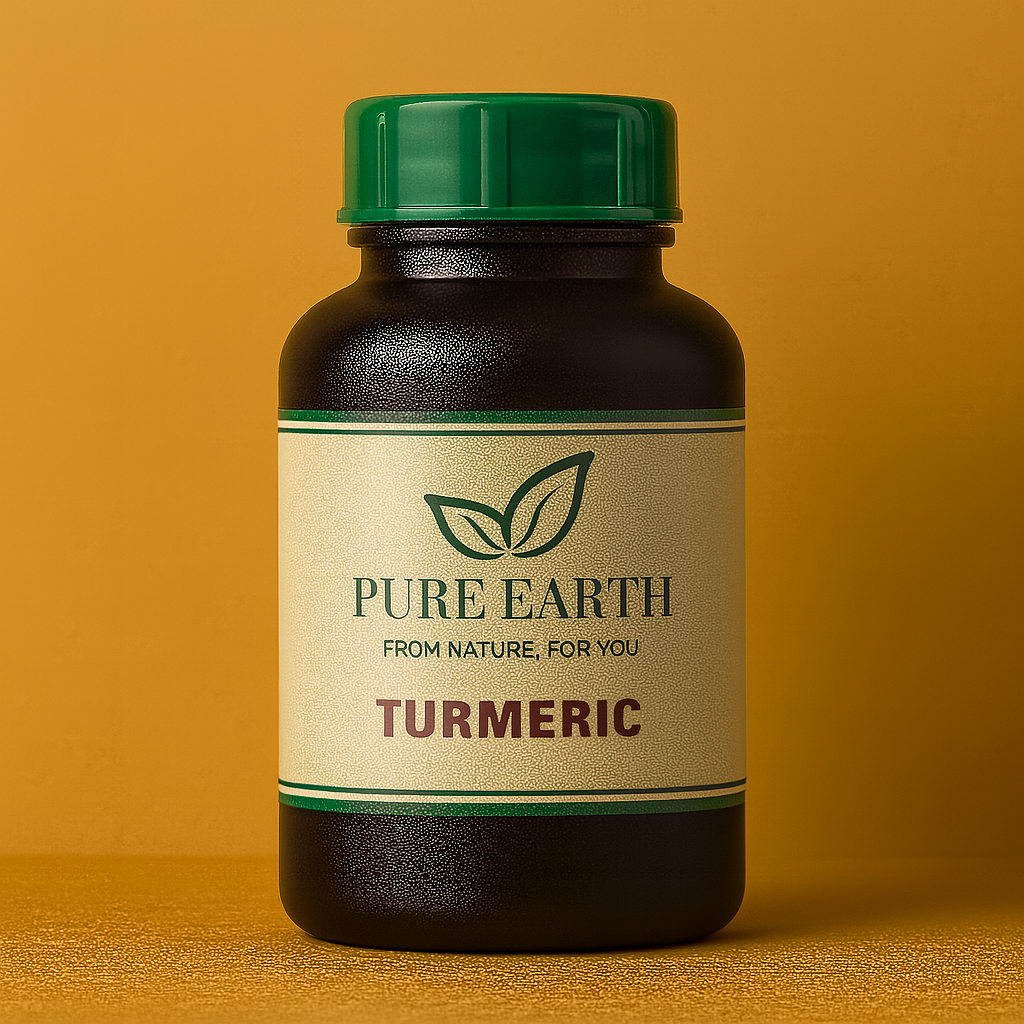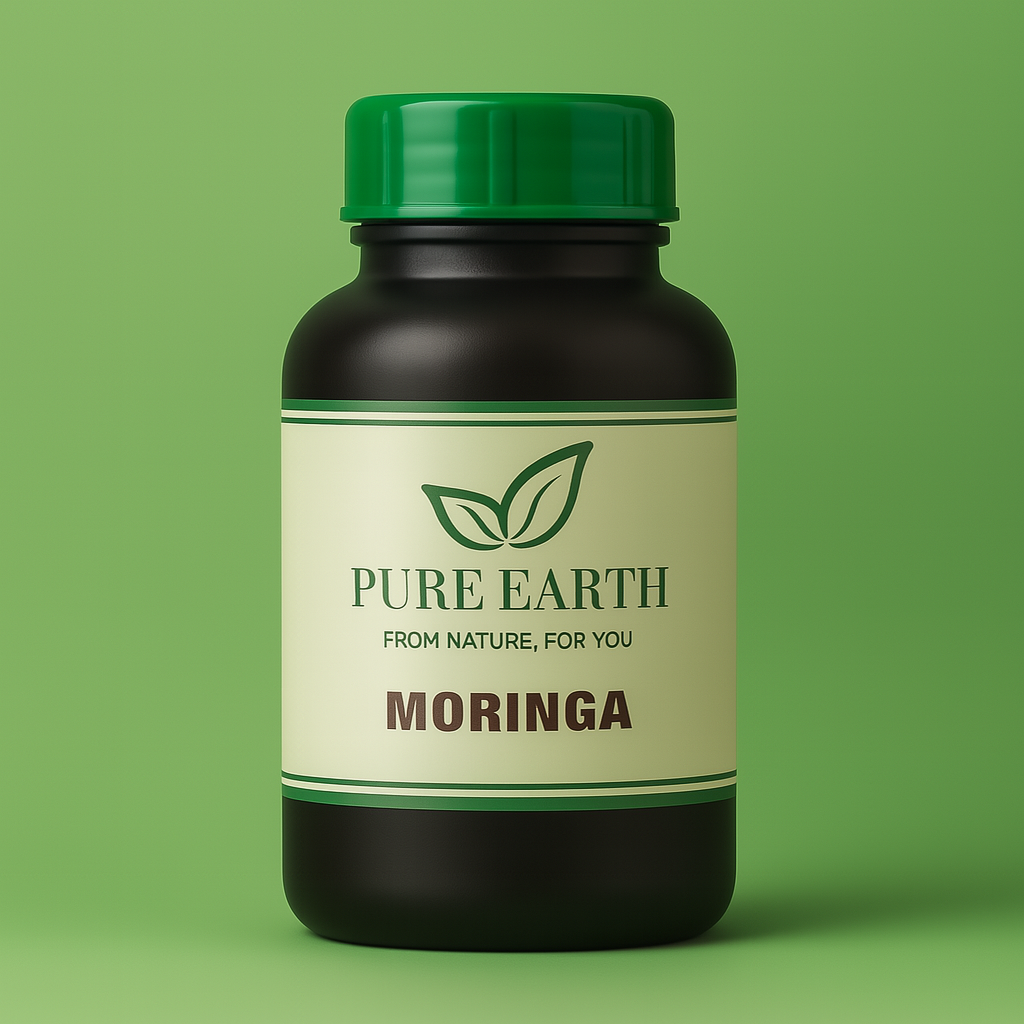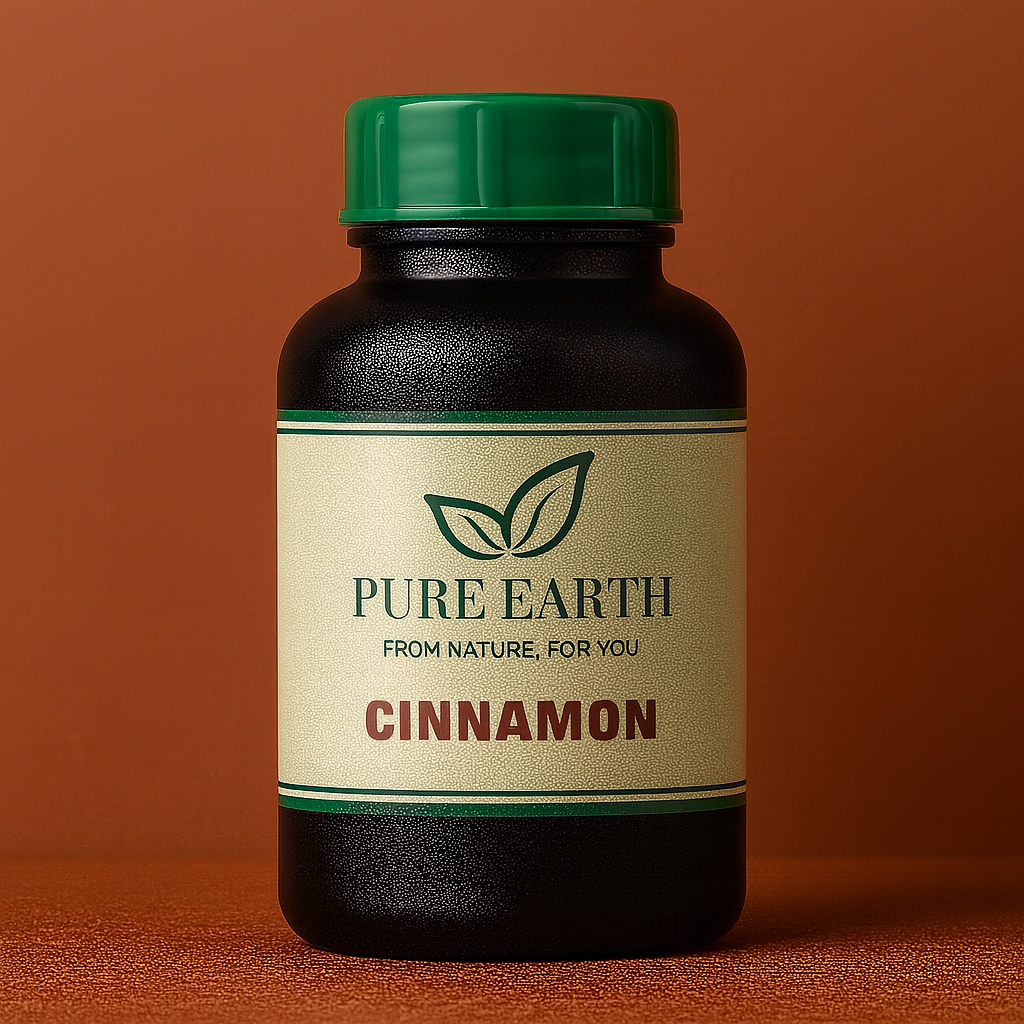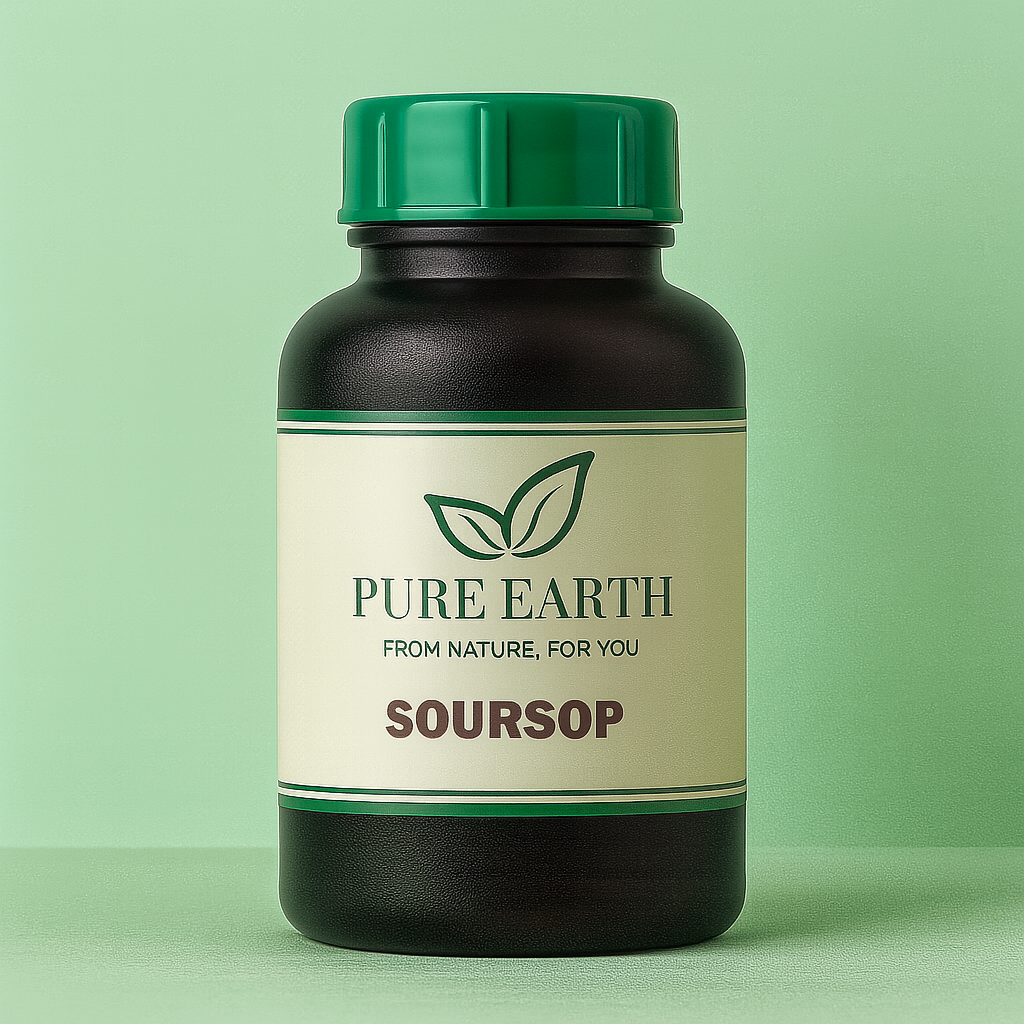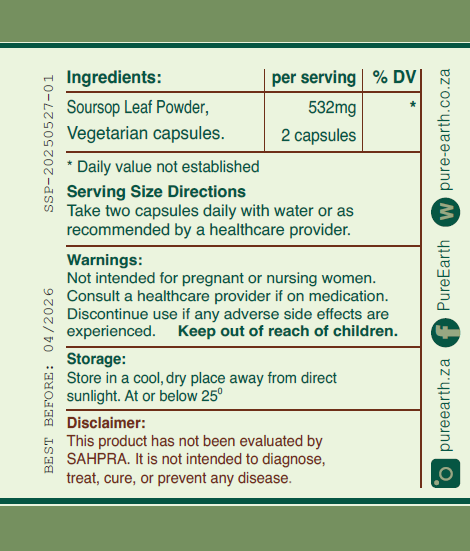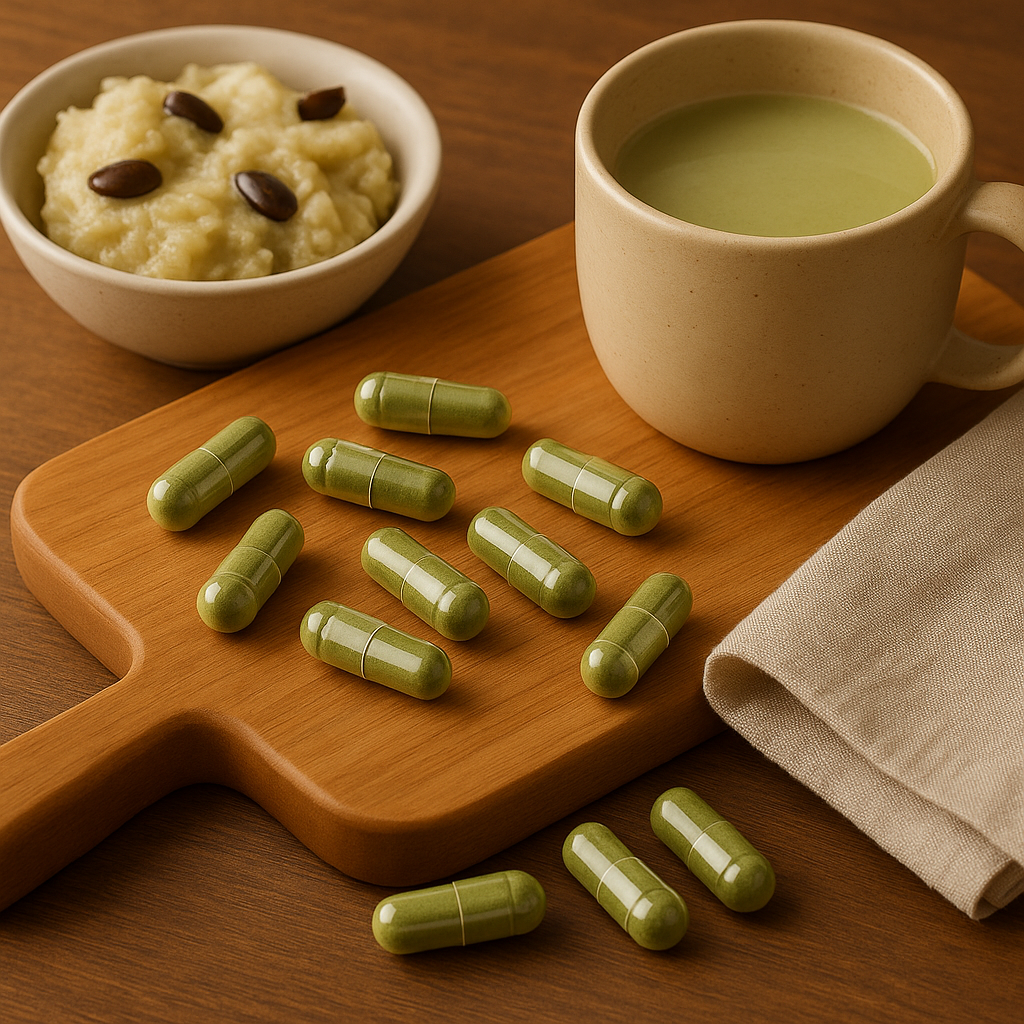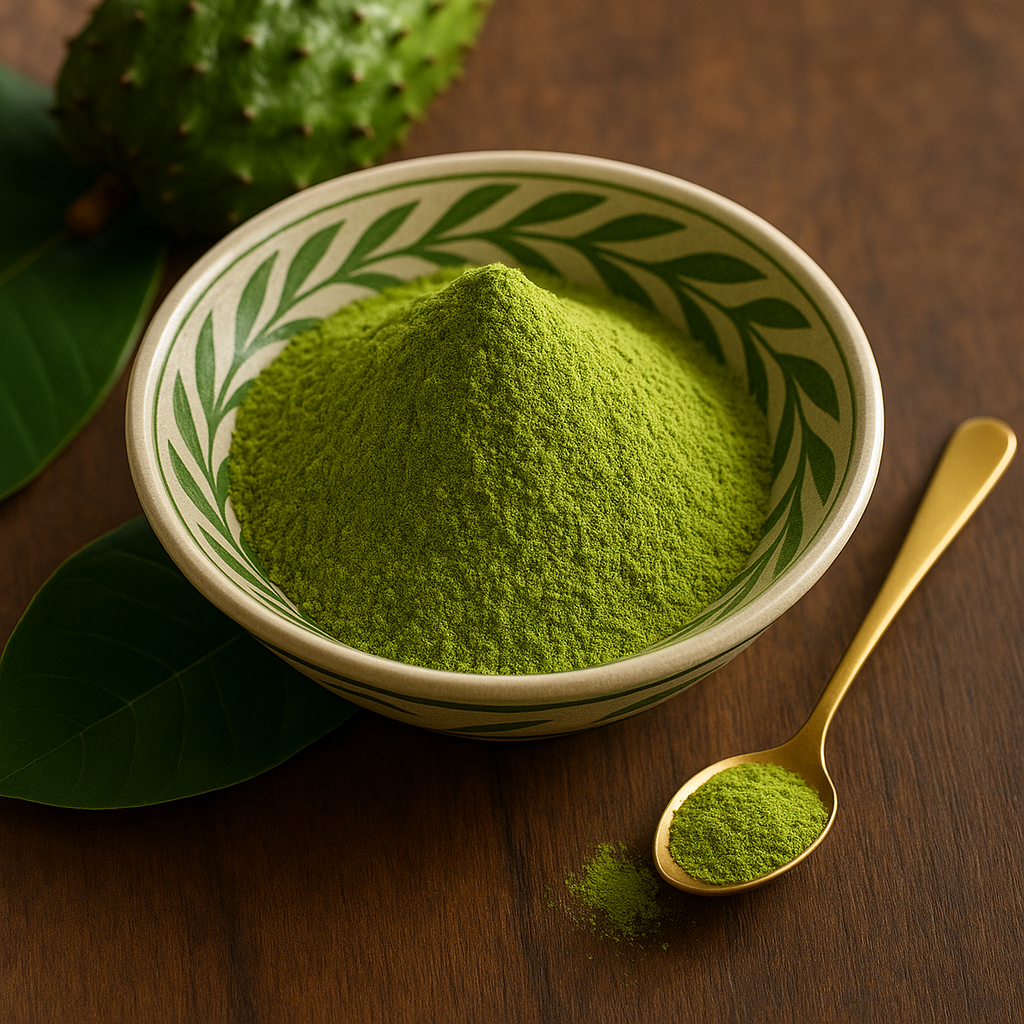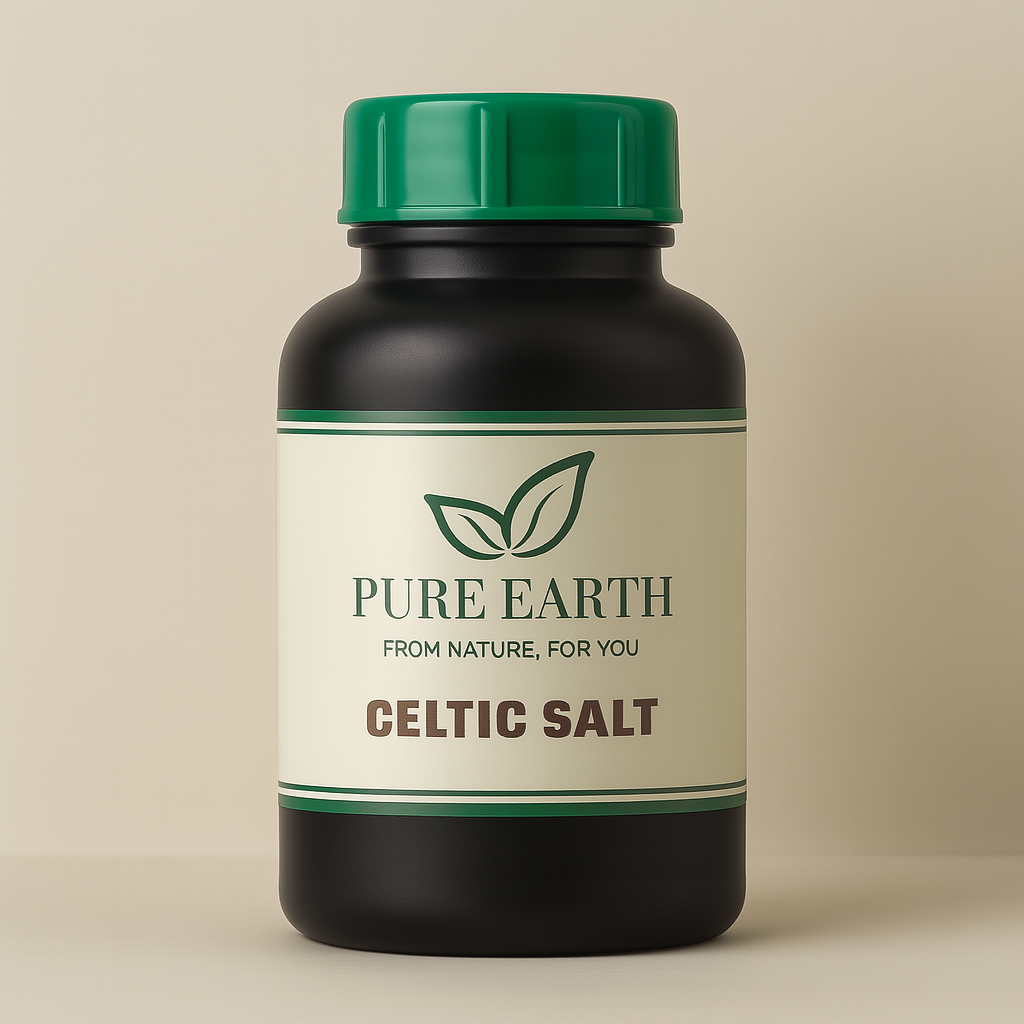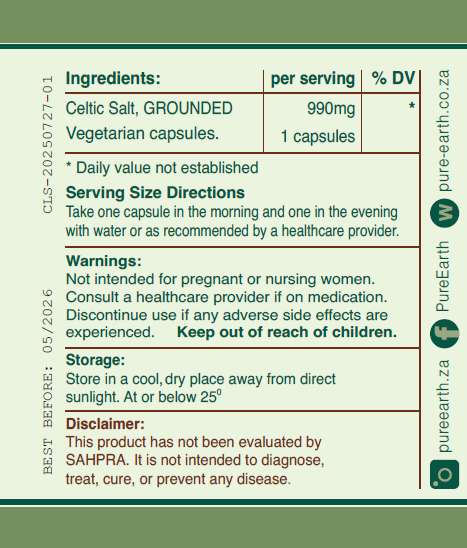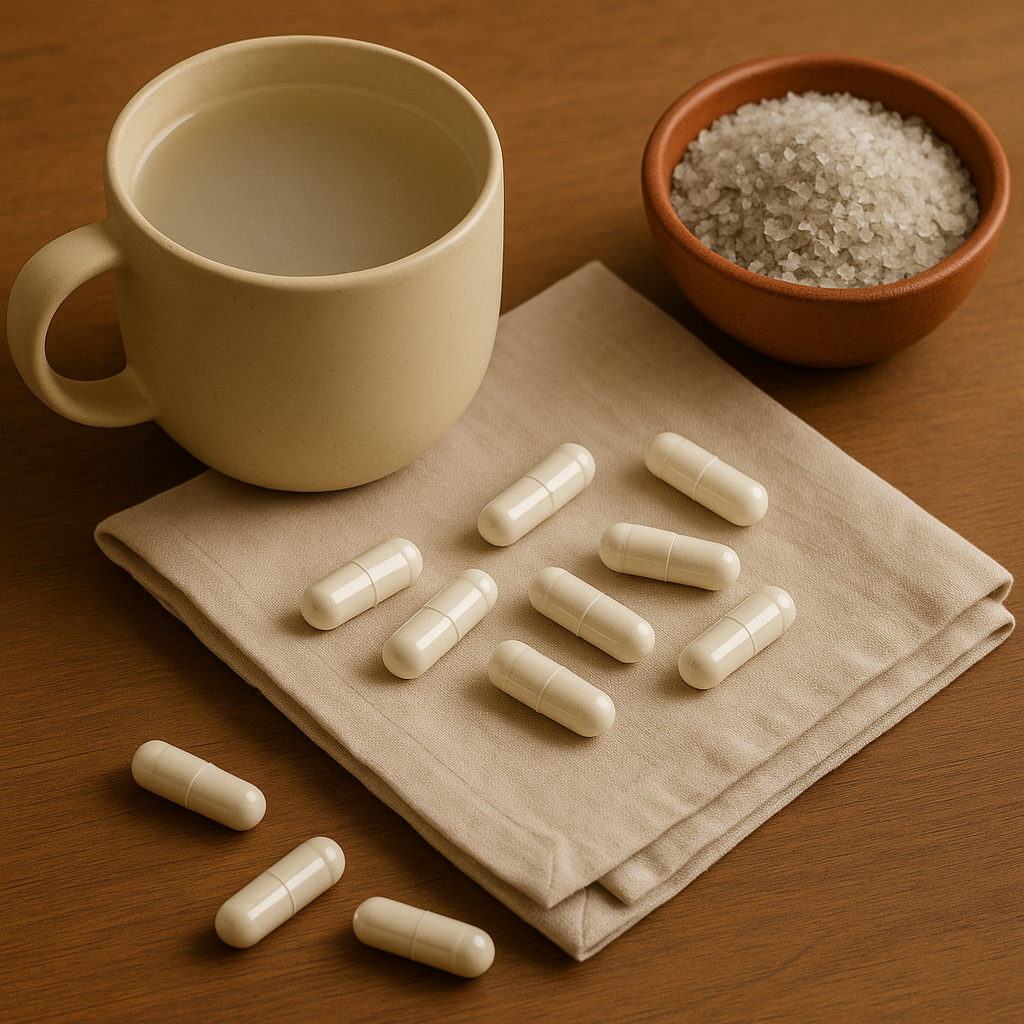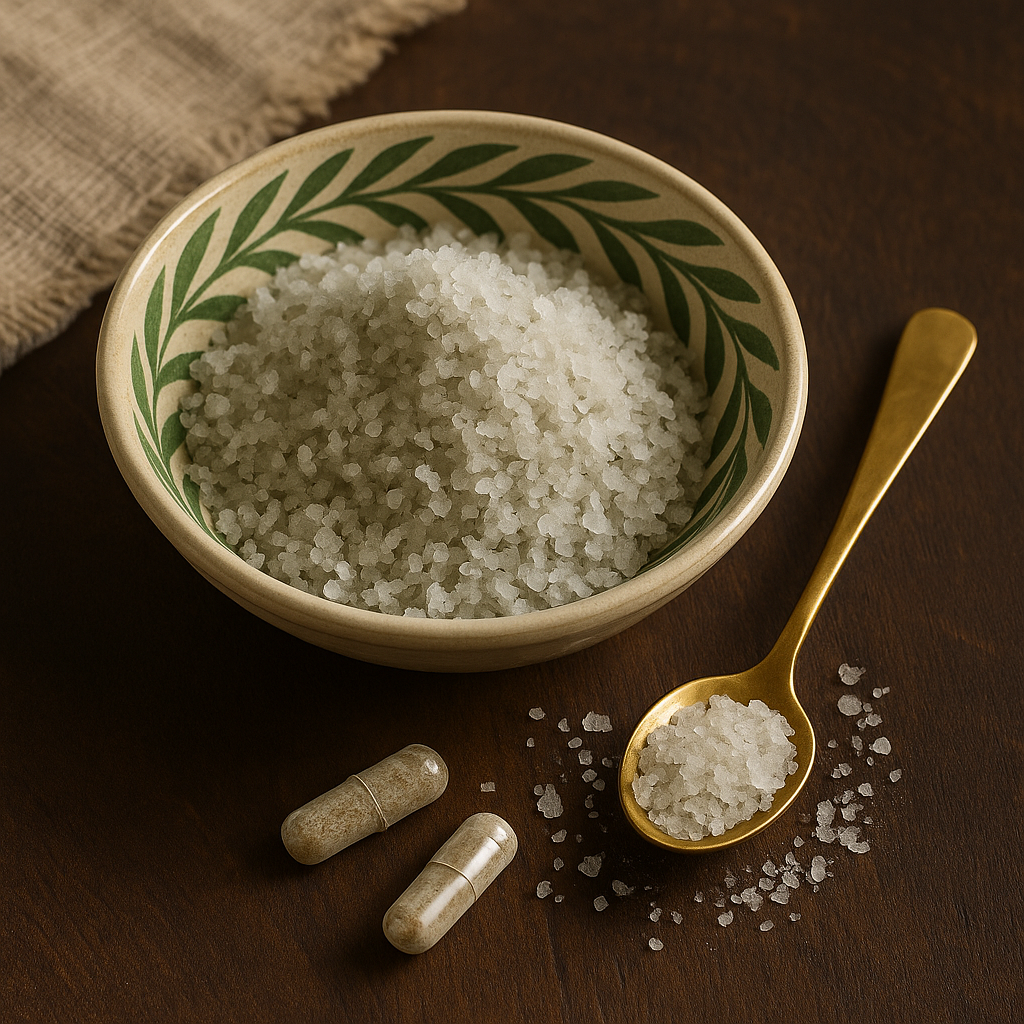Rooted in History: Black Seed
From Tombs to Traditions — The Eternal Seed of Strength
A Seed Steeped in Legacy
There are few herbs as deeply woven into human history as Black Seed, known botanically as Nigella sativa. For thousands of years, its tiny jet-black seeds have travelled across continents, spiritual beliefs, and healing systems — from ancient Egyptian tombs to African herbal tonics and sacred Ayurvedic formulas.
“It cures everything but death.”
While that statement captures its legendary status, the real beauty of Black Seed lies in its quiet consistency — a daily supporter of strength, balance, and vitality. In this article, we explore how different cultures embraced this sacred seed — and how its wisdom continues today in pureEarth’s natural wellness range.
Africa: Rooted in Ancestral Healing
Across sub-Saharan Africa, Black Seed’s journey evolved through oral tradition. Known under various local names, it was used in tonics, steam baths, and spice blends to treat a wide range of everyday ailments — from respiratory discomfort to digestive issues and general fatigue.
In North Africa, especially in Morocco, Tunisia, and Sudan, Black Seed was used in culinary medicine — stirred into couscous or bread, infused into olive oil, or mixed with fenugreek and honey. These were not just recipes, but daily rituals of resilience.
Traditional African medicine views the body as an interconnected system. Black Seed was believed to “wake the blood,” “calm the gut,” and “lift the spirit.” It is still common today to find Nigella sativa sold in rural marketplaces across West and East Africa — often beside ginger, myrrh, and baobab — as part of community-rooted wellness.
Egypt: The Seed of the Afterlife
The earliest known reference to Black Seed dates back over 3,000 years to ancient Egypt. Archaeologists found a small jar of Nigella sativa oil in the tomb of Pharaoh Tutankhamun, preserved alongside gold and spices — suggesting it was considered essential for the afterlife.
Egyptian healers used Black Seed oil and paste to support digestion, soothe inflammation, and protect the body from seasonal imbalances. It was often blended with honey or wine, or used topically as part of beauty and purification rituals. Queens like Nefertiti and Cleopatra were said to have used it for skin nourishment, linking it not only to healing but also to preservation and grace.
In Egyptian belief, healing wasn’t just physical — it was spiritual. Black Seed was part of that sacred ritual of wholeness.
India & Ayurveda: Harmony of Heat and Balance
While Nigella sativa isn’t native to India, it was quickly embraced into Ayurvedic medicine, where it is known as Kalijiri or Krishna Jiraka (Black Cumin). In Ayurveda, health is about balancing the three doshas — vata (air), pitta (fire), and kapha (earth/water).
Black Seed is said to stimulate agni — the digestive fire — and pacify excess kapha. It is commonly used to:
- Support appetite and metabolism
- Aid in the removal of toxins (ama)
- Relieve respiratory congestion and muscle stiffness
It’s often combined with other warming herbs like ginger, clove, and turmeric to enhance its efficacy. In rural Indian homes, it’s still added to flatbreads, chutneys, and pickles — a culinary and medicinal presence all at once.
Ethiopia: Coffee Ceremony Companion
In Ethiopian tradition, Black Seed is often roasted and consumed alongside coffee ceremonies, symbolizing purification and protection. It is sometimes ground with fenugreek, garlic, or rue — forming a thick black paste used for immunity and energy. Women often prepare this mixture postpartum as part of body-strengthening rituals.
Its spiritual significance is strong here — tied to vitality, family care, and protection from harm.
Middle Eastern and Islamic Medicine: A Prophetic Herb
Perhaps the most famous quote about Black Seed originates in Prophetic Medicine (Tibb an-Nabawi), part of Islamic healing heritage. According to the Hadith, the Prophet Muhammad (PBUH) said:
“Use this Black Seed regularly, because it is a cure for every disease except death.”
(Sahih al-Bukhari, 5688)
This statement elevated Black Seed to sacred status in many Islamic cultures. In Unani medicine — a Greco-Arabic system practiced throughout the Middle East, South Asia, and parts of East Africa — Black Seed is classified as a warm and dry herb, used to balance cold and moist conditions.
Its oil was used for everything from supporting respiratory health to aiding skin conditions and digestive distress. It’s still common today to find Black Seed in home remedies across the Levant, Persian Gulf, and North African countries — often combined with honey or dates.
At its core, Black Seed in Islamic tradition is about trusting what is natural, rhythmic, and divinely provided.
From Sacred Past to Daily Present
At pureEarth, our Black Seed Capsules are a respectful continuation of this global herbal legacy. We offer the pure, ground seed — no additives, no oil, no filler — just as it’s been used for centuries, now in a form that fits today’s rhythm.
Black Seed may support:
- Immune system balance
- Digestive comfort
- Antioxidant protection
- Overall vitality
But above all, it reminds us that wellness isn’t quick — it’s consistent, patient, and rooted in tradition.
Closing Words: What This Seed Still Teaches Us
Black Seed’s endurance through time is not by accident. It is a symbol of resilience. A reminder of the quiet strength found in the natural world. Of the link between our ancestors and our modern selves.
It does not promise miracles.
It does not replace medicine.
It invites us — softly — back to balance.
“Use this seed,” they said.
“Not to escape death — but to honour life.”

